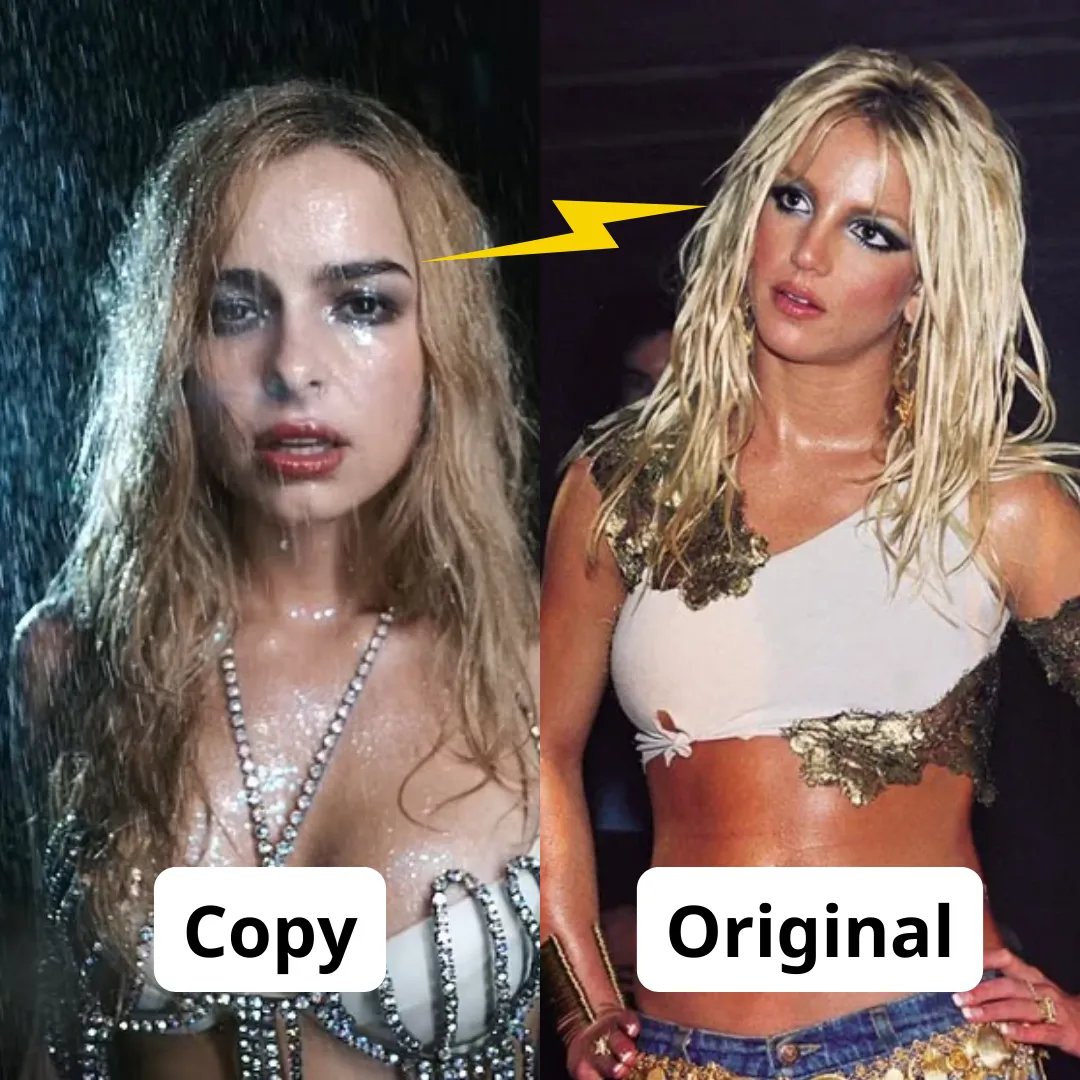
The conversation around patriotism in sports has once again taken center stage, this time involving Riley Gaines and Brittney Griner. Riley Gaines, a former NCAA swimmer and outspoken advocate for women's sports, recently directed sharp criticism toward WNBA star Brittney Griner.
Gaines took aim at Griner for kneeling during the national anthem in the past, calling it an act of disrespect toward the country that had ultimately helped secure her release from a Russian prison. Her remarks sparked an immediate reaction, reigniting debates over what it means to show respect for the United States and the role of personal beliefs in public displays of patriotism.
Gaines did not hold back in her commentary, suggesting that while athletes are not obligated to sing the anthem, they should at least demonstrate respect for the nation it represents. “You don’t have to sing,” she said, “but at least stand and show respect for the country that saved you.”
The pointed remarks referred to the high-profile diplomatic efforts that led to Griner’s release in December 2022, after nearly a year of detention in Russia on drug charges. The U.S. government had negotiated a prisoner swap for Griner, a move that drew both praise and criticism at the time.
Gaines’ statement appeared to tap into that lingering tension, questioning Griner’s actions in light of the support she received from her home country.
Griner, who has been vocal in her support for social justice causes, made headlines in 2020 for her decision to kneel during the anthem as a protest against systemic racism and police brutality. She was one of many athletes to adopt the gesture during a year marked by widespread demonstrations following the deaths of George Floyd and Breonna Taylor.

For Griner, kneeling was a way to use her platform to demand change, and she has remained unapologetic about her stance, even amid backlash from more conservative voices. However, Gaines’ remarks highlighted a growing divide in public opinion over how athletes should balance their personal convictions with their public personas.
The debate has drawn strong reactions on both sides of the political and cultural spectrum. Supporters of Griner argue that her actions reflect the very freedoms the United States is supposed to represent, including the right to protest and speak out against injustice.
They view her decision to kneel as a powerful expression of her First Amendment rights, emblematic of the progress America continues to strive for. Meanwhile, critics like Gaines see such gestures as a rejection of the nation’s values, particularly in cases where they perceive the country has gone above and beyond to support the individual in question.
Social media quickly became a battleground for opinions on the matter. Many users echoed Gaines’ sentiments, suggesting that Griner should display more gratitude toward the U.S.
Others rallied behind Griner, praising her for staying true to her beliefs even under scrutiny.
The discourse also drew attention to Gaines’ growing role as a polarizing figure in sports advocacy, particularly her stance against what she views as unfair treatment of women in sports due to policies accommodating transgender athletes.
Gaines has become a prominent voice in conservative circles, often blending discussions of sports with broader cultural and political issues.
This latest clash between Gaines and Griner underscores the evolving nature of patriotism in a highly polarized era. The concept of what it means to respect one’s country has become increasingly subjective, shaped by personal experiences, social movements, and the ever-present influence of political ideologies.
For athletes, the platform they hold comes with both an opportunity and a burden. Actions like kneeling during the anthem are bound to elicit strong opinions, often placing athletes in the crossfire of public debate.
The conversation also raises questions about the expectations placed on public figures, particularly those who have benefited from significant governmental efforts or public support. Should gratitude override personal convictions, or should individuals remain free to express dissent, even if it’s perceived as controversial?
For Gaines, the answer seems clear: national pride and respect should take precedence, especially in light of extraordinary efforts like the ones that led to Griner’s freedom. For Griner, however, the issue is less about gratitude and more about the ongoing fight for equality and justice, causes she believes are worth the criticism they often attract.

In the grander scheme of things, the Gaines-Griner exchange serves as a reflection of the broader cultural divides that have come to define modern America. While some view gestures like kneeling as unpatriotic, others see them as a call to action, a necessary step toward addressing systemic flaws.
As athletes continue to use their platforms to make statements, the debate over where personal expression ends and national loyalty begins is unlikely to fade anytime soon. For now, Gaines and Griner stand as symbols of two distinct perspectives, each embodying a different vision of what it means to love and respect one’s country.
The clash of ideals, though divisive, is perhaps a testament to the freedom of expression both athletes ultimately seek to uphold in their own ways.



